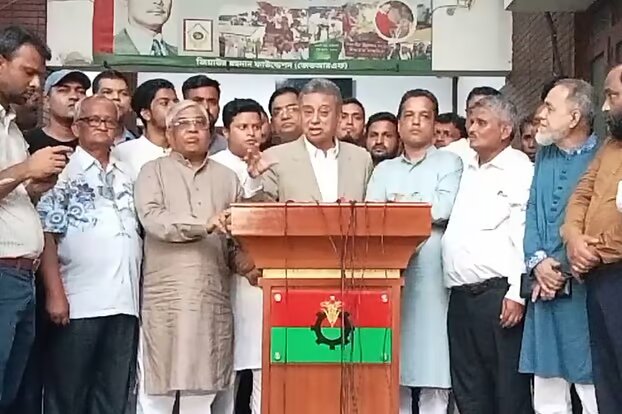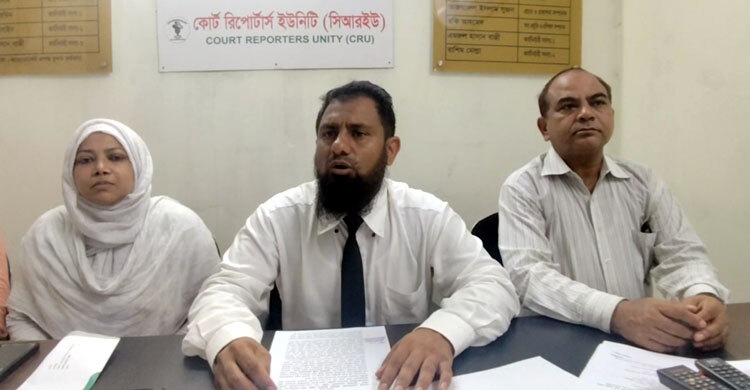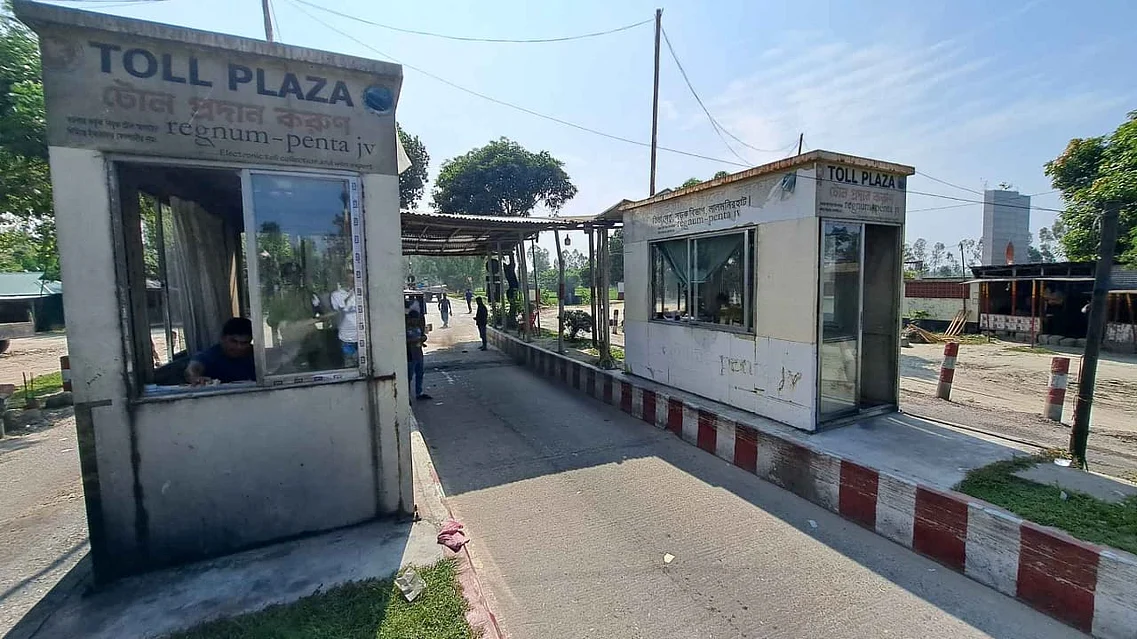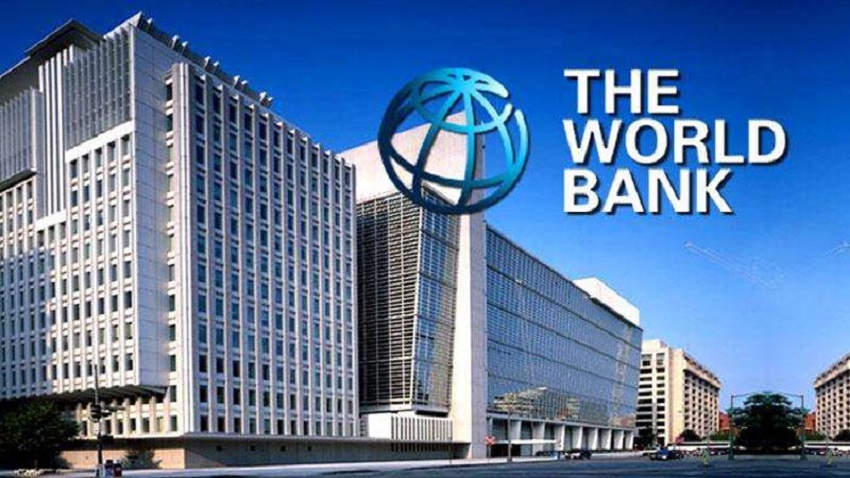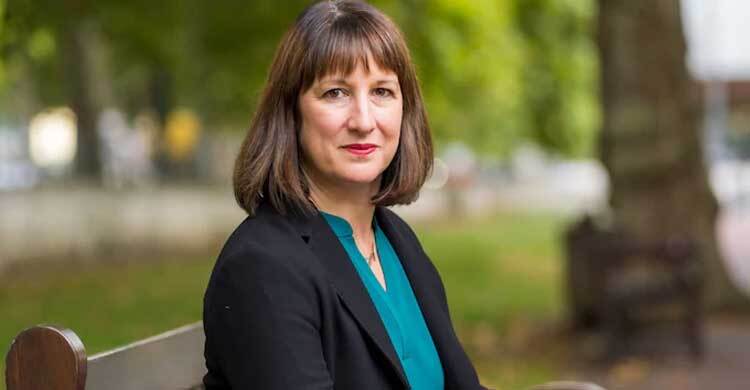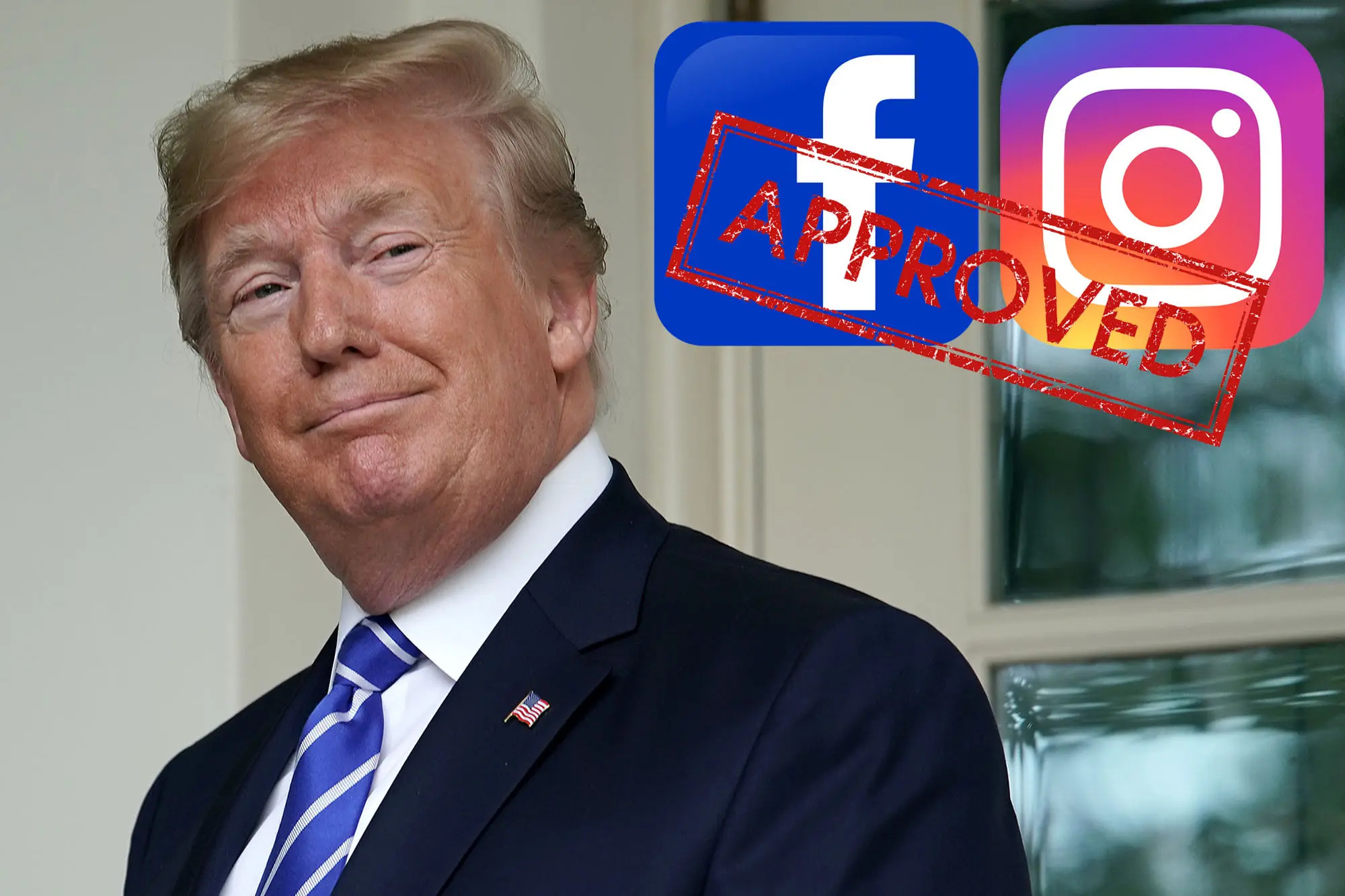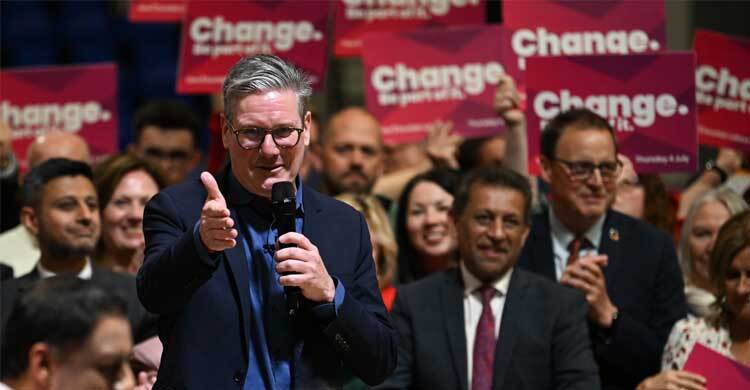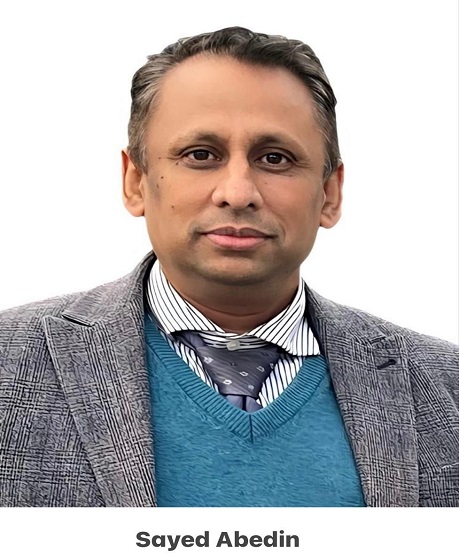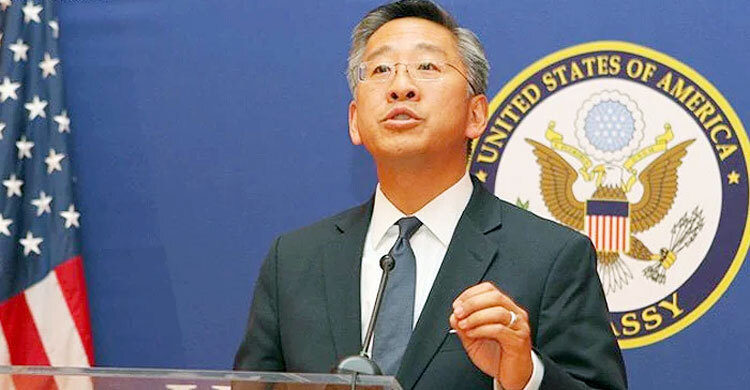
Bangladesh Investment Summit; A Grand Spectacle with Hollow Outcomes: Dr Abul Hasnat Milton
Progga News Desk:
The recently concluded Bangladesh Investment Summit, hyped for months by loyalists of the illegitimate Yunus regime, has ended with little to show for the extravagant promises that surrounded it. What was touted as a turning point for the country’s economic future has instead become a classic case of state-sponsored pageantry with little substance—a wasteful exercise that failed to deliver on its core promise: attracting meaningful foreign investment.
From the outset, the summit was marketed as a magnet for global capital and innovation. Government-backed media campaigns and social media influencers repeatedly claimed that top global billionaires and tech magnates would be attending. Names like Elon Musk, Jeff Bezos, and Larry Ellison were floated as prospective guests, creating enormous anticipation among the public and the business community. However, when the time came, none of these high-profile figures showed up. Their absence was not only embarrassing for the organisers but also exposed the disconnect between the regime’s propaganda machine and global reality.
In place of these influential investors, the summit saw participation from a handful of mid-level business executives and regional partners—none with the financial clout or global reach that had been promised. The event, painted as a game-changer, ended up being more of a glorified networking session for local elites and bureaucrats. No major investment deals were announced, no groundbreaking projects unveiled, and certainly no transformative foreign partnerships formed.
The most troubling aspect of this summit, however, is not just its failure to attract investors, but the way it represents a broader trend under the Yunus regime: the relentless use of public funds for political theatre. At a time when millions of Bangladeshis are struggling with inflation, unemployment, and crumbling public services, the government chose to spend lavishly on an event that was more about optics than outcomes. The massive costs involved—venue setup, security arrangements, hospitality, promotional campaigns—could have been better spent addressing urgent domestic needs. Instead, it became another example of misplaced priorities by an administration increasingly out of touch with the people it claims to serve.
Why did the summit fail? The reasons are not hard to find. No serious investor will commit capital to a country where political instability looms large and democratic legitimacy is in question. The current regime, widely seen as unelected and propped up through manipulation and coercion, lacks the credibility required to instill confidence among global financiers. In today’s investment landscape, stability, transparency, and the rule of law matter. Bangladesh under the Yunus regime offers none of these.
Furthermore, the law-and-order situation in the country continues to deteriorate. Reports of extrajudicial killings, political crackdowns, and suppression of dissent are commonplace. Civil liberties are under threat, and opposition voices are silenced through intimidation and arrest. These are hardly the conditions that invite international investors looking for predictable and safe environments. In addition, the alarming rise in extremist activities and religious militancy over the past year has further eroded the country’s global image. No matter how attractive profit margins may seem on paper, investors are wary of pouring funds into a country teetering on the edge of volatility.
The regime’s approach to governance has become increasingly performative. While grand speeches and glossy promotional videos may create temporary headlines, they do not build investor confidence. The Yunus government’s promises have consistently failed to materialise into action. Infrastructure projects remain incomplete, regulatory frameworks are arbitrary, and corruption continues to plague almost every level of administration. Investors don’t just need promises; they need results. And right now, Bangladesh offers little in the way of tangible outcomes.





